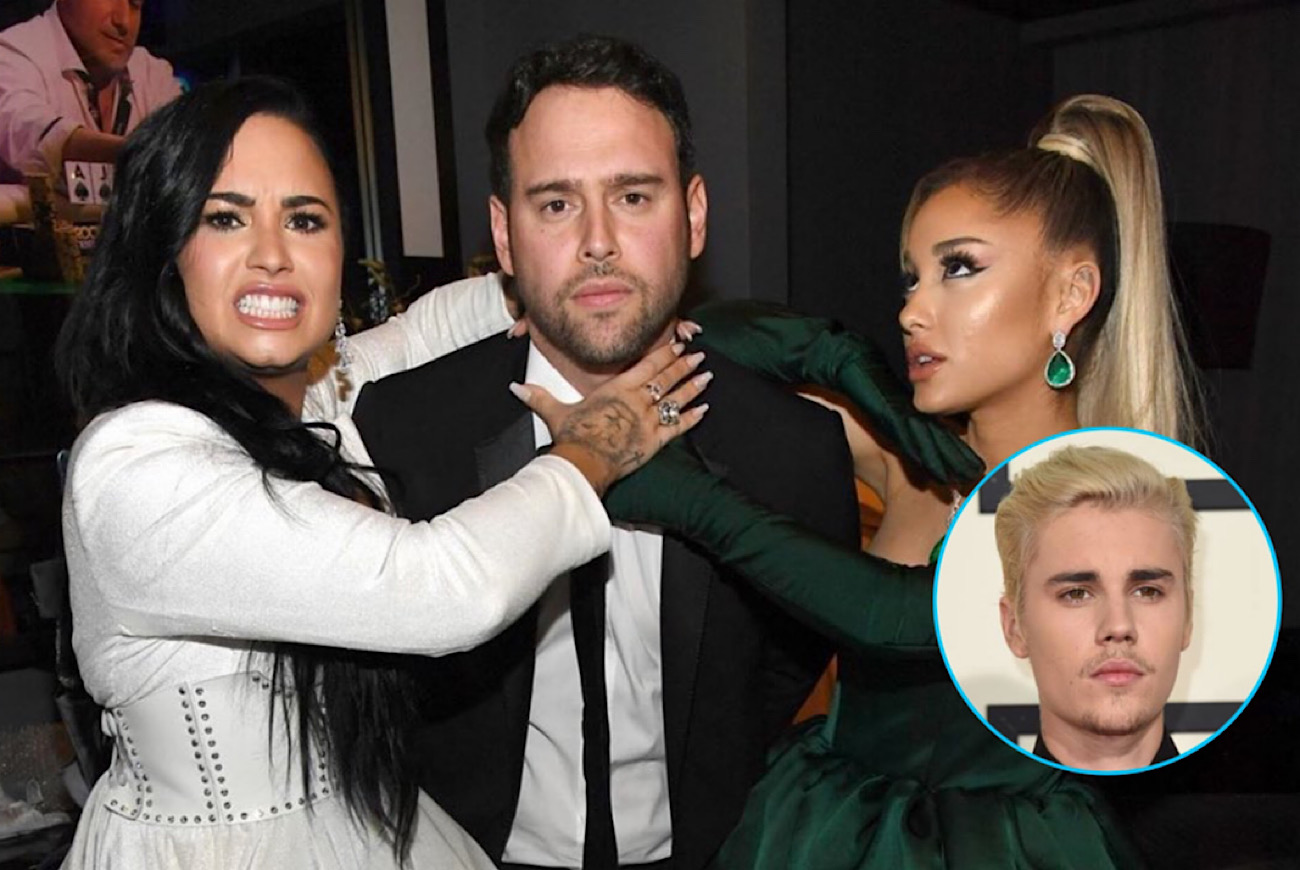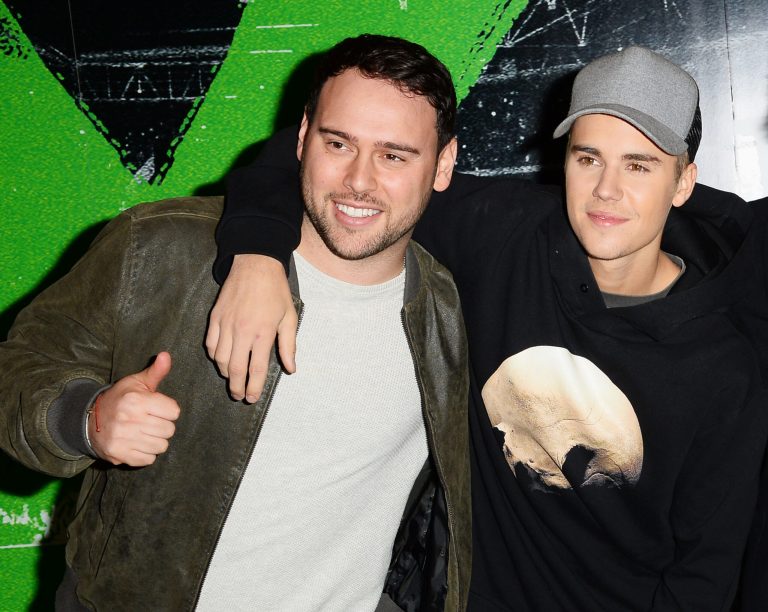
Ariana Grande and Demi Lovato Part Ways with Scooter Braun: The Changing Landscape of Music Management
The music industry is no stranger to the ebb and flow of artist-manager relationships. Scooter Braun, a prominent figure in the world of music management, has recently been at the center of discussions as two of his biggest clients, Ariana Grande and Demi Lovato, have reportedly decided to part ways with him. This move comes as a surprise to many, and it raises questions about the evolving dynamics between artists and their managers in the ever-changing music landscape.
A Shifting Landscape
Scooter Braun’s career in the music industry is storied, having risen to prominence by recognizing the potential in young talents and helping them achieve superstardom. He has managed a roster of influential artists that includes David Guetta, Black Eyed Peas, Ava Max, Carly Rae Jepsen, and Quavo, just to name a few. His sharp eye for talent and strategic management approach have earned him a reputation as one of the most successful music managers in the world.
Ariana Grande and Demi Lovato, two powerhouse artists in their own right, were both under Braun’s management. Their departure from his roster marks a significant shift, leaving fans and industry insiders curious about the reasons behind this decision. While the specifics of their departures have not been fully disclosed, it is clear that artists are making choices that they believe are in their best interests.
The Complex Relationship Between Artists and Managers
The artist-manager relationship is complex and multifaceted. Managers often play a crucial role in an artist’s career, handling everything from contract negotiations and promotional strategies to navigating the challenges of fame. However, as artists’ careers evolve and their creative directions change, it’s not uncommon for them to reassess their professional partnerships.
Ariana Grande and Demi Lovato’s decision to part ways with Scooter Braun highlights the importance of aligning personal and artistic visions with management strategies. While Braun has been instrumental in shaping the careers of many artists, including Justin Bieber, who was discovered on YouTube and skyrocketed to fame under his guidance, artists’ priorities can change over time.
The Evolution of Artist Empowerment
The music industry has been witnessing a wave of artist empowerment in recent years. Musicians are increasingly taking charge of their careers, demanding creative control, and seeking management relationships that align with their goals and values. This trend signifies a shift away from traditional power dynamics in the industry and towards a more equitable and collaborative approach between artists and their representatives.
As Ariana Grande and Demi Lovato set off on new paths in their careers, their decisions to part ways with Scooter Braun may be emblematic of a broader trend within the music industry. It showcases the growing importance of artists’ agency in shaping their own destinies and underscores the ever-evolving nature of the relationship between musicians and their managers.
Ultimately, the departure of high-profile artists from a renowned manager’s roster reminds us that the music industry is constantly evolving, and artists’ decisions reflect their personal growth and evolving artistic visions. While the details of Ariana Grande and Demi Lovato’s decisions may remain private, their actions underscore the dynamic nature of the artist-manager relationship and the importance of aligning values and goals to achieve long-lasting success in the ever-changing world of music.

